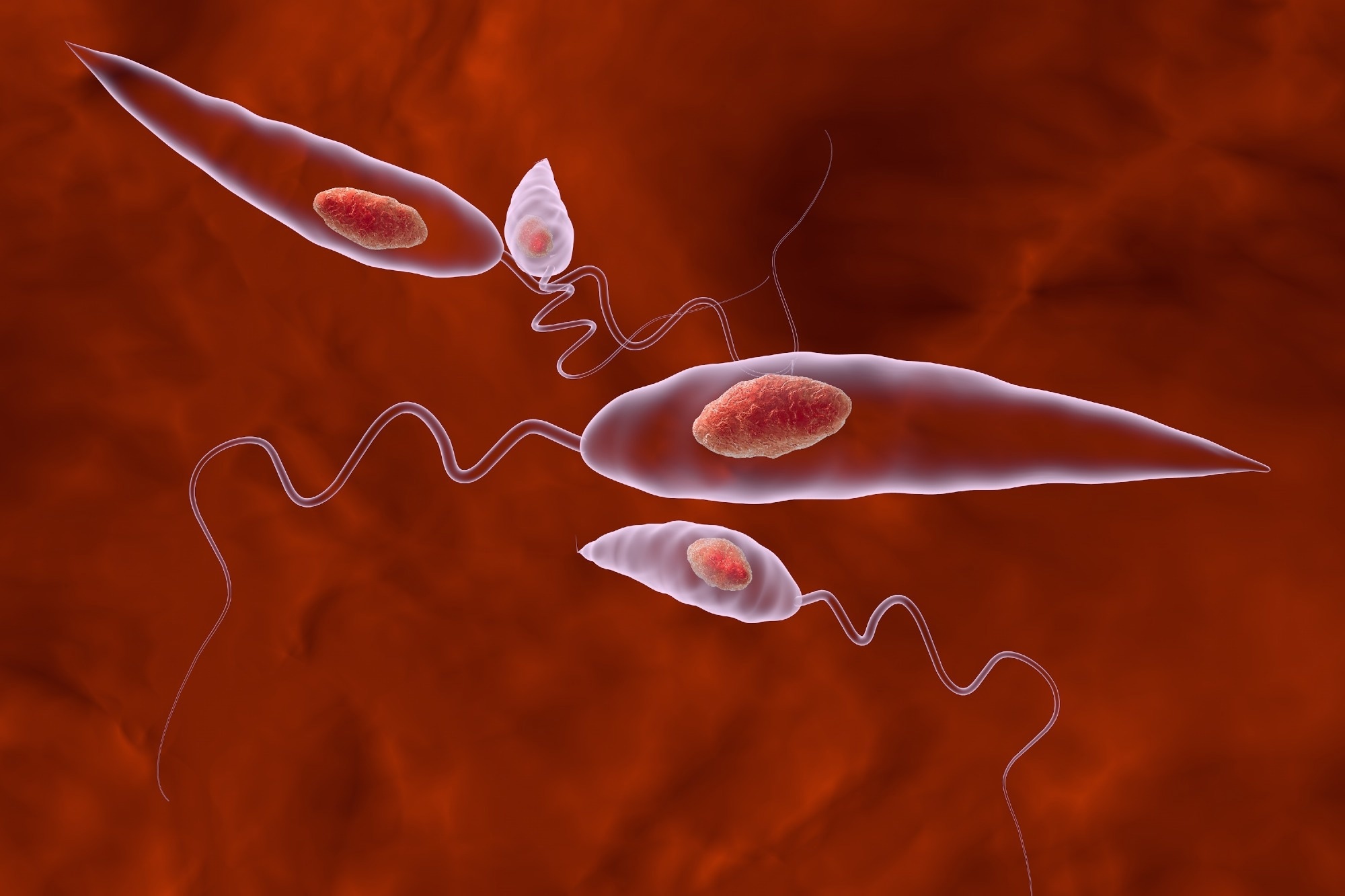
Leishmaniasis, an old skin disfiguring infection recognized by numerous aliases around the world such as Baghdad boil, Calcutta ulcer, and Jericho button, is not well-known in America.
Americans, on the other hand, are likely to know a lot about this mysterious sickness, as evidence suggests that the parasitic skin condition that is generally found among international travelers has now become an endemic (a scenario in which the disease is always prevalent) in portions of the United States.
The virus has been spreading primarily among non-travelers in Texas, where doctors are required to report cases to health officials. The illness has also spread to southeast Oklahoma and Arizona.
Experts are concerned that the large number of animals capable of harboring and transmitting Leishmaniasis, as well as climate change, are exacerbating disease transmission.
The majority of the 86 locally acquired cases tested positive for a Leishmania mexicana parasite variety that is likely to have originated in the United States, according to genetic testing of 86 locally acquired cases.
“There have been previous indications of local transmission based on a small number of case reports,” stated Mary Kamb, a medical epidemiologist with the Centers for Disease Control and Prevention, which carried out the study.
“Now, for the first time, we have a distinct genetic fingerprint from a relatively large cluster, providing further evidence that leishmaniasis may be well-established in some parts of the US,” he added. The results were presented at a scientific meeting held in Chicago on Thursday, October 19.


